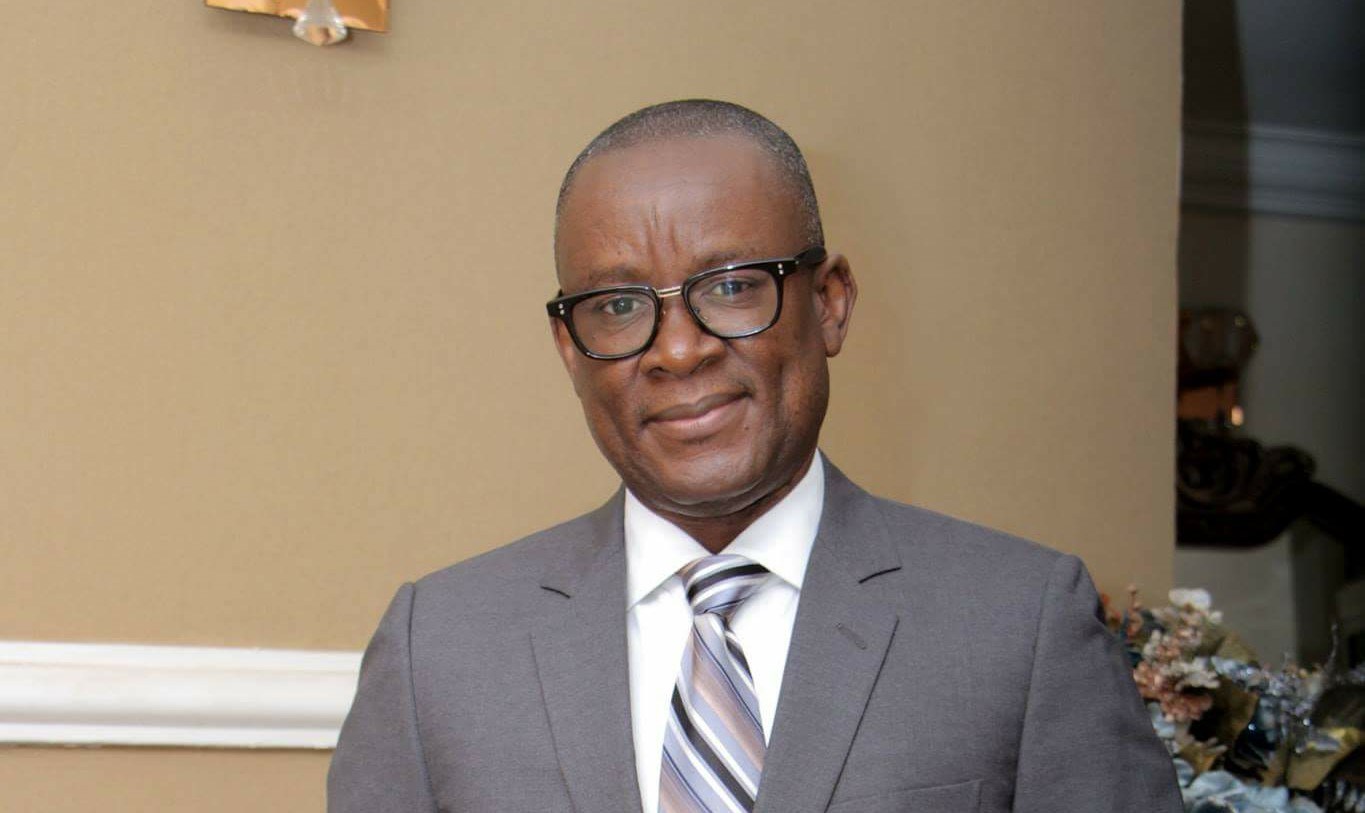ABUJA, Nigeria — Nigeria’s participation in the 2024 Paris Olympic Games has ended without any medals, marking the eighth time the nation has returned from the Olympics empty-handed.
This disappointing outcome has sparked widespread concern about the state of sports development in the country, prompting an official apology from Sports Minister, Senator John Enoh.
In a statement released on Saturday, August 10, 2024, Senator Enoh expressed deep regret over Team Nigeria’s underperformance, acknowledging that the team failed to meet Nigerians’ expectations and hopes.
The minister emphasised the need for a comprehensive review of the country’s sports preparations, coaching, and administrative roles to prevent a repeat of this outcome in the future.
“The Olympic Games, Paris 2024, have ended, and I accept that our performance should have been a lot better. It fell short of our objectives, expectations, and hopes of Nigerians,” Enoh said. “I must apologize to our compatriots and reflect on what went wrong while looking forward to the Paralympic Games, Paris 2024.”
Reflecting on his tenure since assuming office in August 2023, Enoh outlined the challenges he faced, including the late start in preparations for the Olympics.
He revealed that upon taking office, he was immediately tasked with overseeing preparations for four major international competitions—the Africa Cup of Nations (AFCON), the African Games, the Olympics, and the Paralympics—all within a few months.
Enoh noted that preparations for the Olympics, which should typically span several years, had not begun when he assumed his role.
Despite the time constraints, the Ministry of Sports Development embarked on a progressive approach, including nationwide inspections of sports facilities and the formation of a Ministerial Podium Performance Advisory Committee to drive the athletes’ preparations.
However, the Minister admitted that the focus on qualification over preparation may have contributed to the disappointing results.
“Medals projections were made by all the Federations, although their athletes were still trying to qualify; which lasted until about June 2024.
The concerned Federations obviously prioritized qualification over preparations for the Games. This seems to have always been the case. This has to change,” he stated.
Enoh also praised the support provided by President Bola Tinubu, who ensured that funding was not a limiting factor, and highlighted the efforts made to prepare the athletes, including onshore and offshore training camps in Germany and Spain.
Despite these efforts, the team’s underwhelming performance left the nation puzzled.
“As a responsible organization, we have swung into a review process,” Enoh said. “We shall evaluate the competition readiness of every athlete comprehensively, including their injury and medical history… The role of coaches and administrative staff will also be examined.”
The Minister acknowledged that the last time Nigeria returned from the Olympics without a medal was in 2012, and noted that subsequent games in 2016 and 2020 yielded bronze and silver medals.
He emphasised that Nigeria deserves more and called for turning the “disastrous outcome of the 2024 Olympics into a huge positive for Nigerian sports.”
As Nigeria looks to the future, particularly the upcoming Paralympic Games, there is hope that the lessons learned from this Olympic cycle will lead to significant improvements in the country’s sports infrastructure, athlete development, and overall competitive performance on the global stage.







